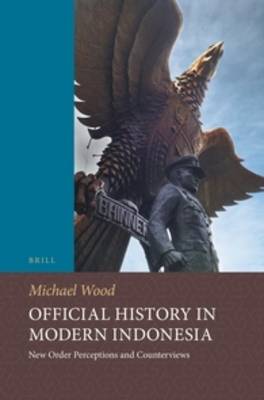Social, Economic and Political Studies of the Middle East and Asia
1 primary work
Book 99
Dealing with New Order perceptions of the past this study gives insights into how the past can be used for purposes of national-building and regime legitimization and into the nature of the New Order. The Suharto regime created a coherent history that is reflected in recent archaeological and historical research, in popular histories and biographies, in monuments and in school textbooks.
The author describes an official history stretching from the proto-Indonesia of Majapahit, through the Indonesian Revolution up to the birth of the New Order in 1965. This past emphasized political stability and national unity under the guidance of the military; socially disruptive ideas were to be avoided. He also gives a counterview to this history stressing Indonesia's place in the larger Islamic world.
The author describes an official history stretching from the proto-Indonesia of Majapahit, through the Indonesian Revolution up to the birth of the New Order in 1965. This past emphasized political stability and national unity under the guidance of the military; socially disruptive ideas were to be avoided. He also gives a counterview to this history stressing Indonesia's place in the larger Islamic world.
